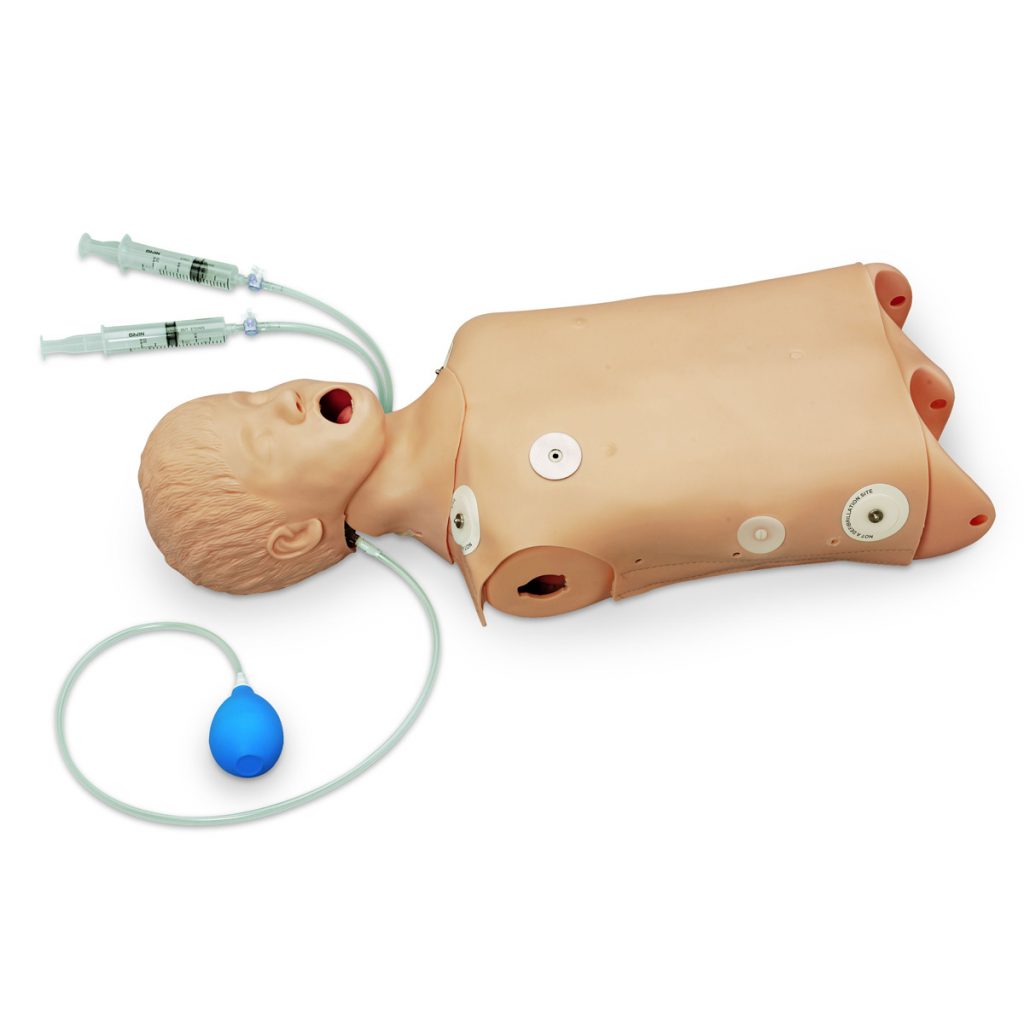
Description
Present your students with the challenges they may face in the real world. Trainer offers tongue swelling and laryngospasm in addition to all the features on the standard models.
This advanced airway management trainer is perfect for practicing skills on pediatric patients and represents the size of an 5-year-old patient. Practice intubation, ventilation, suction, CPR, and jaw thrust techniques.
Realistic anatomy and landmarks include teeth, tongue, oral and nasal pharynx, larynx, epiglottis, arytenoids, false and true vocal cords, trachea, lungs, esophagus, and stomach. The trainer allows you to practice oral, digital, and nasal intubation, as well as E.T., E.O.A., P.T.L., L.M.A., E.G.T.A., Combitube®, and King System insertion. Separate lungs for auscultation. Manual carotid pulse. Inflatable stomach bladder indicates esophageal insufflation. With its slightly anterior position, swelling tongue, and vocal cords, the Advanced Child Airway Management Trainer is a great trainer for introductory as well as advanced training.
Advanced Child Airway Management Trainer, lets you practice defibrillation using standard manual, automatic, or semi-automatic external monitor defibrillators. An internal load box absorbs the full strength of every shock to protect students and equipment. lt is also possible to monitor the manikin, just like a real patient, and is compatible with all standard brands and types of defibrillators, monitors, and patient simulators. Features four ECG sites and two defibrillation sites. This torso is designed to be the foundation of the Child CRiSis™ system. Arms and legs can be added later to provide IV access, intraosseous infusions, and blood pressure monitoring. If you do not have an ECG simulator and want to practice ECG recognition, you may want to consider adding the Interactive ECG Simulator to your training.
Manikin can be used with Supraglottic airway devices for airway training.
| Head/torso | Age | Digital intubation | Tongue edema | Laryngospasm | Stomach rise | Suctioning | Manual carotid pulse | Defibrillation | Additional features | |
|
NG Tube Insertion Trainer
Item No:1017250 |
head mounted
on a board
|
1-year old | – | – | – | Yes | – | – | – | trainer for instruction of nasogastric tube insertion and care |
|
Infant Airway Simulator
Item No:1018863 |
full-body | 1-year old | – | – | – | – | Yes | – | – | chest cavity containing realistic organs, nasal passage permits placement of NP tube |
|
Infant Airway Trainer
Item No:1017954 |
head mounted
on a board
|
1-year old | – | – | – | Yes | Yes | – | – | accepts 4.0 mm endotracheal tubes |
|
Infant Intubation Head
Item No:1017245 |
head mounted on a board | 1-year old | – | – | – | – | Yes | – | – | accepts 2.5 mm endotracheal tubes |
|
Advanced Infant Intubation Head
Item No:1017236 |
head mounted on a board | 1-year old | – | Yes | – | Yes | Yes | – | – | Vocal cords are highlighted for easy viewing |
|
Airway Management Trainer
Item No:1014201 |
head mounted on a board | 3-year old | – | – | – | – | Yes | – | – | accepts 4.0 mm endotracheal tubes |
|
Advanced Child Airway Management Trainer
Item No:1019787 |
head
|
5-year old | – | Yes | Yes | – | Yes | Yes | – | can be attached to any of the Life/form® Child Airway Management Trainers or Child CRiSis Manikins |
|
Child Airway Management Trainer Head Item No:1019788 |
head
|
5-year old | – | – | – | Yes | Yes | Yes | – | can be attached to any of the Life/form® Child Airway Management Trainers or Child CRiSis Manikins |
|
Advanced Child Airway Management Trainer
Item No:1005698 |
head mounted on a board | 5-year old | Yes | Yes | Yes | Yes | Yes | Yes | – | also allows for E.T., E.O.A., P.T.L., L.M.A., E.G.T.A., Combitube®, and King System insertion |
|
Basic Child CPR/ Airway Management Torso”
Item No:1018865 |
torso | 5-year old | – | – | – | – | – | – | – | This torso is the foundation of the Child CRiSis™ system as arms, legs, and a defibrillation chest can be added later. |
|
Advanced Child CPR/Airway Management Torso
Item No:1018864 |
torso | 5-year old | Yes | Yes | Yes | Yes | Yes | Yes | Yes | also allows for E.T., E.O.A., P.T.L., L.M.A., E.G.T.A., Combitube®, and King System insertion |

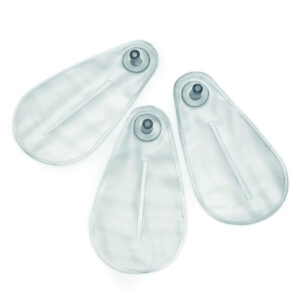
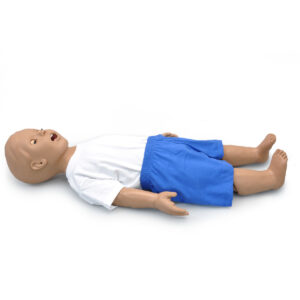
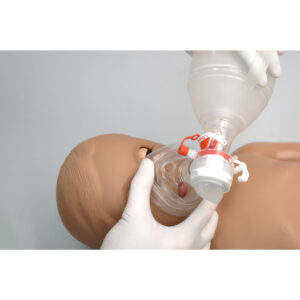
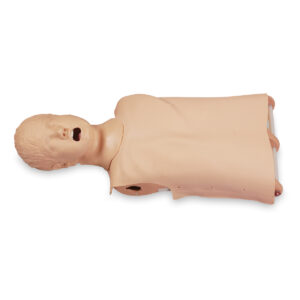
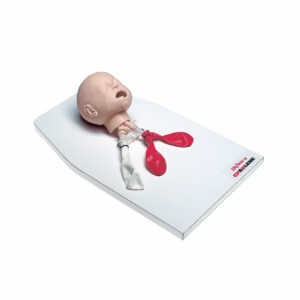

Reviews
There are no reviews yet.